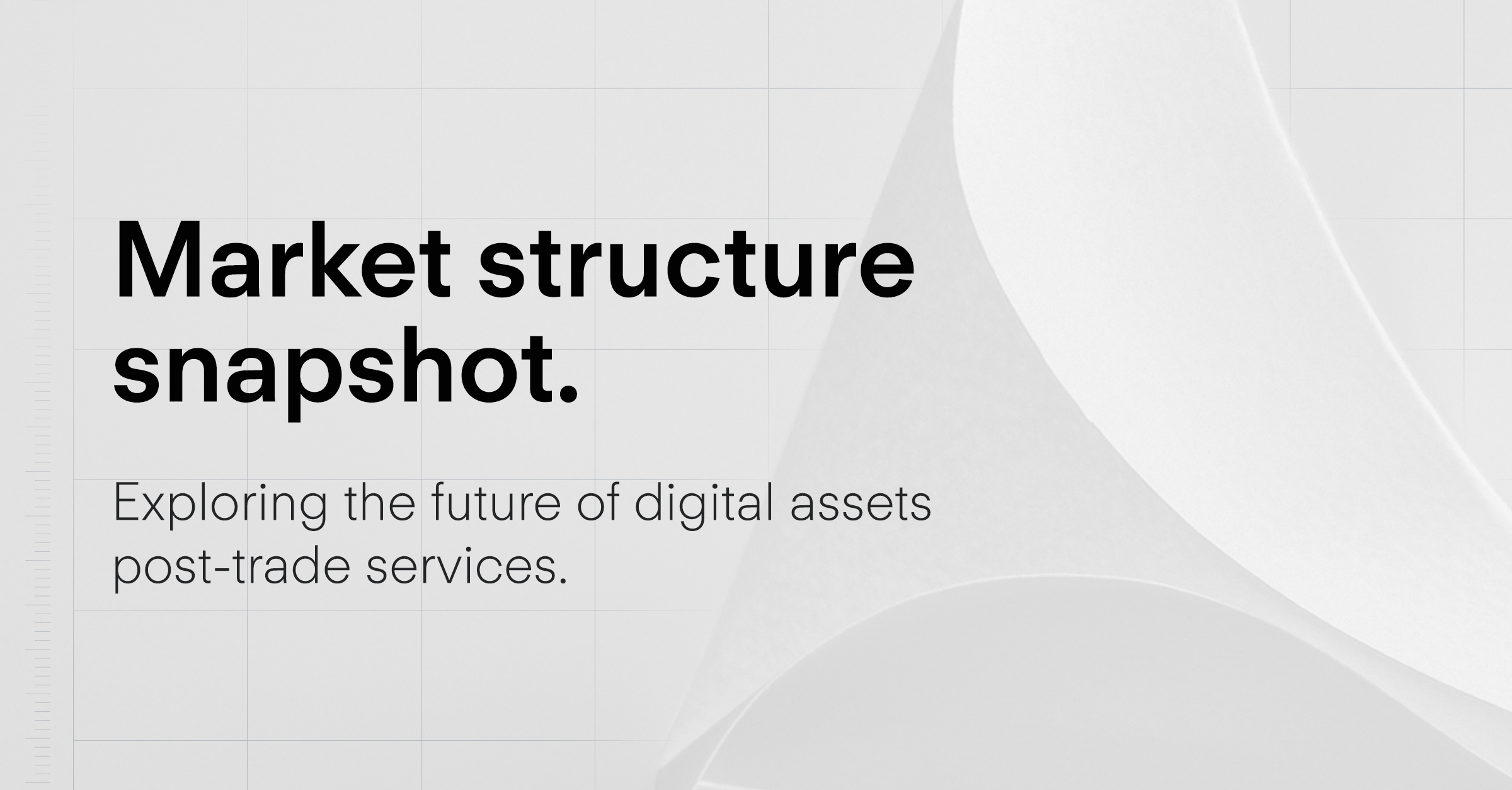
The paper ‘Cryptoassets for individuals’, which was published on December 19 by Her Majesty’s Revenue and Customs (HMRC), is believed to be the most thorough guide of its kind yet released by any national tax agency.
It follows on the heels of the 51-page final report published in October by the Cryptoassets Taskforce (CATF), a body established by the Bank of England, the Financial Conduct Authority (FCA) and HM Treasury, to stay on top of the implications of distributed ledger technology (DLT) for a premier financial centre such as London.
While this year has seen a considerable drop in the value of bitcoin and other cryptocurrencies, UK regulatory and tax authorities clearly believe the technology is here to stay and needs to be taken seriously. What the HMRC has to say about the likely tax treatment of individuals who own cryptocurrencies will be devoured by other tax agencies across the globe - and there are several key takeaways from the document released this week.
Copper caught up with a spokesman for the HMRC to talk about these items.
Copper: One of the most interesting aspects of the document is that it says that the HMRC does not view cryptoassets as currency or money but as investments (which is consistent, it says, with the stance taken by the CATF). As such, individuals who own cryptoassets will be liable for capital gains tax, not income tax, when they dispose of these assets. Why does it take that view?
HMRC: It is our view that the way cryptoassets are used is much more akin to the way investment products are used rather than money. Most of the well-known cryptocurrencies are used as investments and behave like investments rather than something people exchange for goods and services, as they do with money.
Copper: But the underlying philosophy of cryptocurrencies is that they are indeed currencies, just ones that are free from the mediation of banks and national governments?
HMRC: Sure, but just because something is designed a certain way and has an underlying philosophy doesn’t mean that HMRC will treat it that way for tax purposes. We take a view on how something appears to us. And in this case, HMRC sees it as an asset and will treat it as an asset on which individuals pay capital gains tax not income tax.
Copper: OK. The document also says that if an individual holding assets is using them for trading purposes then income tax would be applied to trading profits. Moreover, anyone who is trading may be able to reduce their income tax liability by offsetting trading losses against income. But you say that individuals will be considered to be traders only in “exceptional circumstances.” Can you be a little more specific?
HMRC: HMRC considers most individuals will hold cryptoassets for investment purposes. There is no definition of trading as this takes its meaning from case law. Whether an individual is trading is a question of fact and no one factor can determine this as it will depend on the individual circumstances. In these situations, we will follow the existing approach to the buying and selling of securities and whether this activity amounts to trading to tax purposes.
Copper: Cryptoassets are hard to trace. That’s one of the main points to them. Aren’t you worried that those individuals who own cryptoassets will successfully hide their liabilities?
HMRC: It’s not as if HMRC isn’t used to people hiding their income. We have a number of intelligences sources and compliance approaches. We look at a variety of different data points to establish the facts when we think someone might not be telling us everything. HMRC is of course aware of the anonymity involved in a lot of crypto transactions, but we have experience in using a lot of sources of information.
Copper: It seems that HMRC is ahead of the pack in terms of this guidance. In the US, the House Ways and Means Committee has urged the Internal Revenue Service (IRS) to provide clearer, more up-to-date guidance, but nothing has emerged yet. Reports suggest that in Japan tax treatment of cryptoassets is relatively complicated.
HMRC: I don’t think any other country has provided this level of detailed guidance. HMRC is the first to go to this level, taking it beyond a few broad brush strokes. We are ahead of the curve.
Copper: Because you don’t want to lose tax revenue, right?
HMRC: Certainly that is part of it, but there’s a great awareness here that this is a new technology and a new form of assets, and we have to keep up with that and we can’t just stick to the old methods. HMRC is instructed by law to collect taxes and we have to keep up with new developments.
Copper: What is the central tenet of this cryptoasset tax guidance?
HMRC: There’s a lot to this guidance but the key message is that this isn’t gambling and it isn’t tax free. It is an asset and subject to capital gains tax. This is something people must understand that they need to consider when they are thinking about their tax affairs. It’s not just gambling which they needn’t think about.
Copper: Thanks very much for your time.
It is worth noting that the guidance released on December 19 pertains to tax treatment of cryptoassets owned by individuals. The rules on corporate tax treatment will be released at a later date.
Insights

Market Insights
23.01.2024

Coppercasts
24.07.2024

Company News
23.07.2024